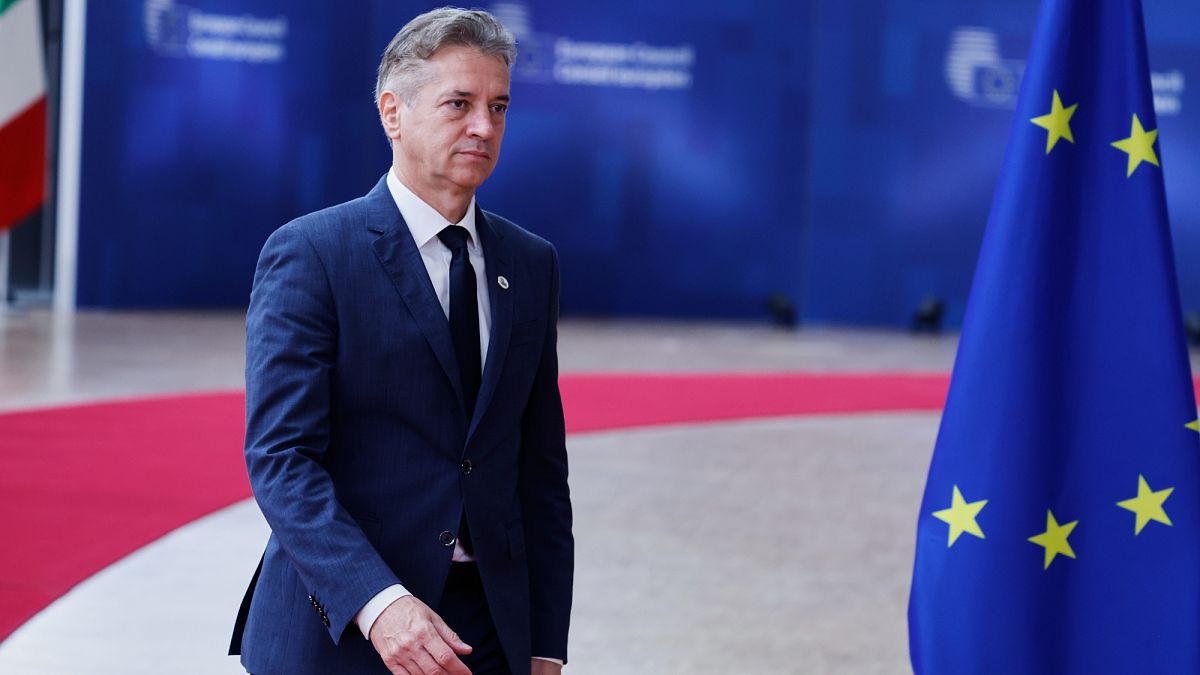

In a world of ongoing transformation, nations across the globe are taking steps that mark significant shifts in political, social, and legal landscapes. Recently, these changes reflect a tapestry of evolving ideologies and policies, highlighting the diverse paths countries are choosing to navigate complex international and domestic matters.
Starting in Europe, Slovenia has become a beacon of change within the European Union by being the first member state to halt weapons trade with Israel. This decision stands as a firm statement from Slovenia, emphasizing its steadfast call for a peaceful resolution and support to the Palestinian state. The action aligns with Slovenia’s previous recognition of a Palestinian state in June last year, and its continuous advocacy for a ceasefire in Gaza and for bolstering aid to the region. This move indicates Slovenia’s commitment to its foreign policy objectives while setting a possible precedent for other EU nations.
From Slovenia’s diplomatic stance, we shift towards Hungary, where recent events highlight the intersection of politics and human rights. In Budapest, the Mayor finds himself in the spotlight following police scrutiny over his involvement with a banned LGBTQ+ Pride march. Prime Minister Viktor Orbán’s government asserts that such events threaten children’s moral development, a view that underscores Hungary’s unique socio-political climate. The scrutiny of the Mayor reflects broader tensions within the country regarding LGBTQ+ advocacy and rights, presenting a moment of reflection on Hungary’s direction in addressing these sensitive issues.
Meanwhile, in El Salvador, concerns around the country’s democratic framework surface as the Congress, dominated by President Nayib Bukele’s party, passes legislation to eliminate presidential term limits. This move has sparked apprehension and protests among opposition leaders, fearing a drift toward authoritarianism reminiscent of other Latin American states. The legislative change raises fundamental questions about the balance of power and the future of democratic principles in El Salvador, as some view it as a departure from the values that uphold electoral stability and representational governance.
In the UK, the introduction of the Online Safety Act alongside a ban on Palestine Action has evoked a dialogue about freedom of expression. Human rights organizations have voiced concerns that these measures could potentially stifle public debate, particularly around sensitive issues like Gaza-related content. The dialogue prompts a broader introspection into how safety, security and freedom are balanced in the digital realm. As platforms navigate these directives, the call for nuanced guidance underscores democracy’s ongoing conversation about how to address contemporary challenges while protecting fundamental rights.
These concurrent developments across the globe narrate a story of change and continuity, each step resonating with cultural, political, and social undercurrents. As countries navigate their unique paths, these events serve as reminders of the diversity and complexity of the international landscape. They invite us to reflect on how these choices shape the fabric of global relations and domestic dynamics in our ever-interconnected world.
Source: {link}
